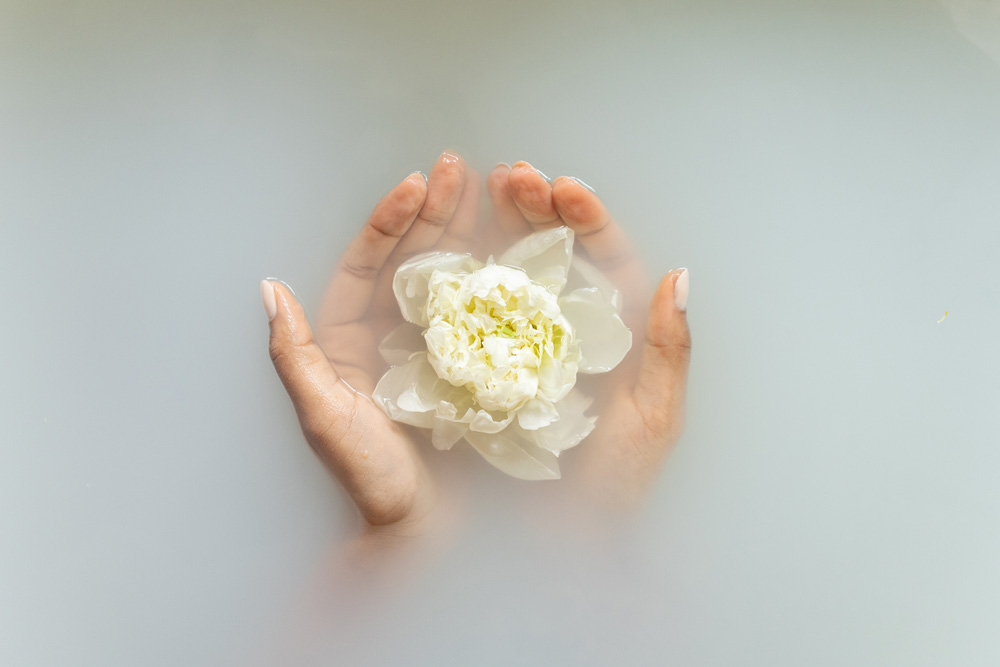Stress has become an undeniable part of modern life, affecting our mental and physical well-being. From work pressures to personal responsibilities, it’s easy to feel overwhelmed. The practice of meditation has emerged as a powerful tool to manage stress and cultivate a sense of calm and balance in our daily lives. If you’re new to meditation and seeking a way to harness its benefits for stress relief, this comprehensive guide will help you get started on the path to inner peace.
Understanding Meditation
Meditation is a practice that involves training the mind to focus and redirect thoughts. It’s not about turning off your thoughts but rather about observing them without judgment. Contrary to common belief, meditation doesn’t require sitting in complete silence for hours. You just need comfortable posture and a quiet space to bring attention to the present moment. By doing so, it helps in quieting the mind and reducing the effects of stress on the body.
Getting Started
- Choose a Suitable Time and Space: Select a time when you’re least likely to be interrupted. Find a quiet, peaceful space at home or outdoors or any spot you feel at ease that you can sit comfortably without distractions.
- Get Comfortable: Sit or lie down in a comfortable position. You can sit cross-legged on a cushion or chair with your spine straight but relaxed. Alternatively, you can lie down with your arms by your sides and palms facing up. The goal is to find a position that allows you to be alert and relaxed simultaneously.
- Focus on Your Breath: Close your eyes gently and bring your attention to your breath. Feel the natural flow of your breath—inhale and exhale—without trying to control it. You can place a hand on your belly to feel the rise and fall with each breath. If your mind wanders, gently bring your focus back to your breath.
- Stay Present: As you breathe, thoughts might arise. That’s normal. Acknowledge them without getting caught up in them, and then gently guide your attention back to your breath or a specific focal point, such as a mantra or a calming image.
- Start Small: Consistency is key, so begin with just a few minutes each day. You can gradually increase the duration as you become more comfortable with the practice. Aim to meditate daily, even five minutes of meditation can make a significant difference.
Integrating Meditation into Daily Life
Meditation isn’t just about the time spent in formal practice; it’s about incorporating mindfulness into your daily routine. Try to bring mindfulness into everyday activities like walking, eating, or even washing dishes. This helps in cultivating a sense of awareness and reducing stress triggers throughout the day. Over time, you’ll notice a positive shift in your ability to manage stress and stay centered amidst life’s challenges.
Tips for Enhancing Your Meditation Practice:
- Use Guided Meditations: Apps, such as Headspace, or other online resources, like Youtube, offer guided meditation sessions suitable for beginners. These can provide structure and guidance as you start your practice.
- Experiment with Different Techniques: Explore various meditation styles—mindfulness, loving-kindness, or body scan—to find what resonates best with you.
- Be Patient and Kind to Yourself: Meditation is a skill that develops with time. Embrace any challenges or distractions that arise without frustration.
- Join a Community or Class: Consider joining a meditation group or class in your area. Being part of a community can provide support and motivation.
Benefits of Regular Meditation Practice:
The benefits of meditation for stress management are numerous. With regular practice, you may experience:
- Reduced anxiety levels
- Enhanced emotional well-being
- Improved focus and concentration
- Better sleep quality
- A sense of inner peace and contentment
- Increased self-awareness and resilience
Final Thoughts
Starting a meditation practice for stress management doesn’t require a complex routine or special equipment. With dedication and consistency, even a few minutes of daily meditation can bring about significant positive changes in your life.
Give yourself the gift of a few minutes each day to nurture your mental well-being. Embrace the journey, stay patient, and watch how the practice of meditation gradually transforms your relationship with stress, promoting a more peaceful and balanced life. Remember, it’s not about perfection—it’s about practice and progress towards a calmer, more centered self. Happy meditating!




